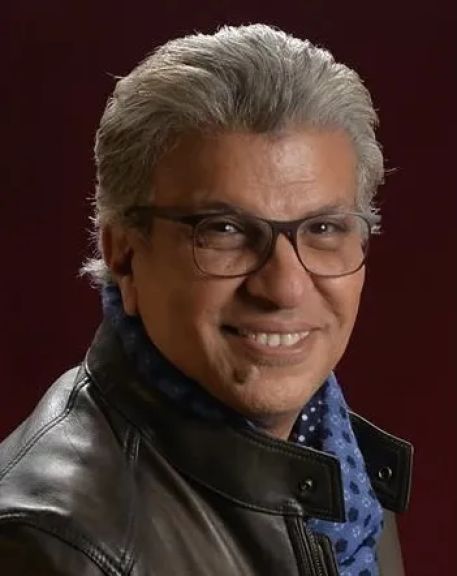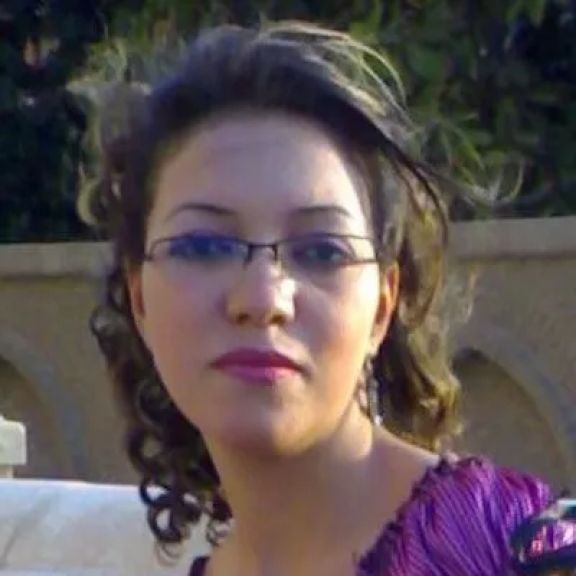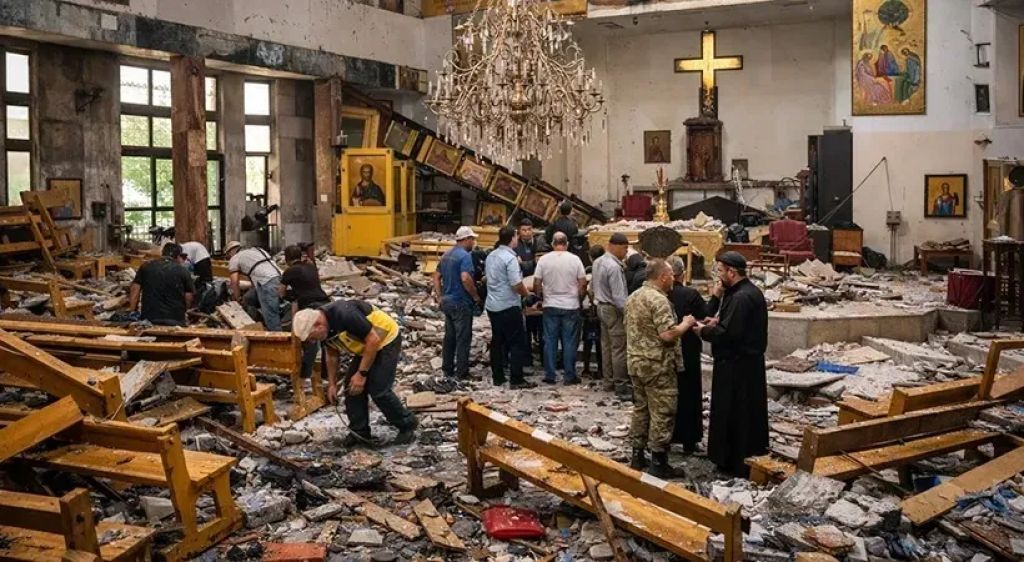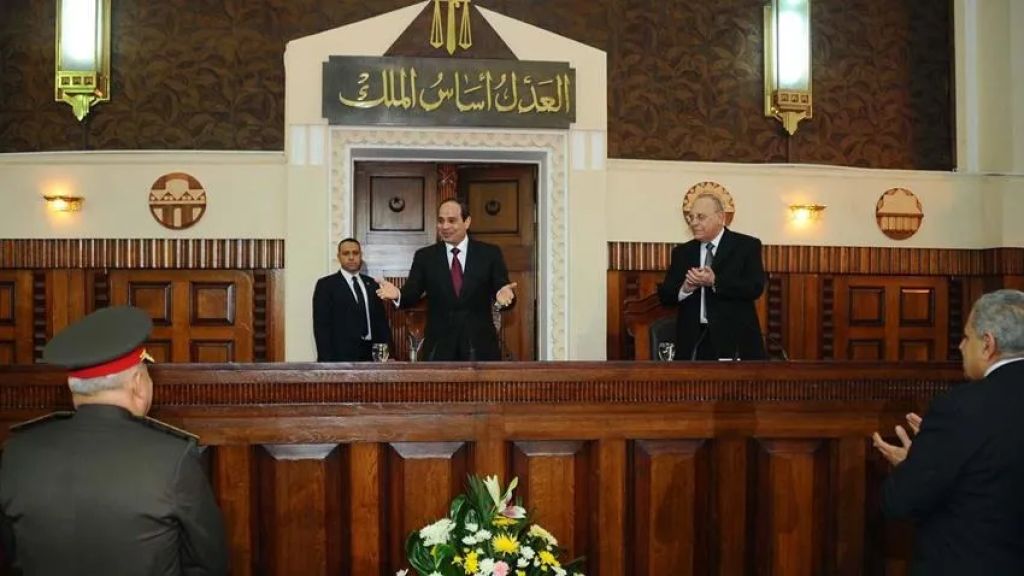History Recycled, A Reflection on Modern Conflicts and Ancient Patterns

Every day, as I listen to or watch the news, I am reminded of the history lessons we learned at school. With each headline, my mind flashes back to the stories of past empires, invasions, and conflicts. Later, in my own readings, it became evident that the world we witness today is, in many ways, a mirror of events long past. Despite our advances in technology, civility, and the notion of human rights, the behaviour of humanity remains eerily similar.
Take, for instance, the ancient invasion of the Hyksos into Egypt, often considered one of the earliest documented cases of foreign settlement and dominance. What followed throughout history were waves of invasions and destruction by the Persians, Romans, Arabs, Tatars, Ottomans, and later the Nazis. Each brought devastation and upheaval to countless civilizations. Today, while the tactics and weapons may differ, the themes of conquest, exploitation, and suffering remain unchanged.
The difference between then and now is that modern technology allows us to witness these atrocities in real-time as they unfold before our eyes. We can record, document, and broadcast the devastation to every corner of the globe. Yet, despite this unprecedented ability to witness and learn from our past, the actions of mankind remain tragically consistent.
History has a way of repeating itself, sometimes in disturbingly familiar ways. The world has seen countless violations of humanity—genocides, ethnic cleansing, and mass destruction. The atrocities in Rwanda, Algeria, and Bosnia stand as painful reminders. However, the global response to these events has often been selective, raising questions about the true motivations behind international interventions. In the case of Bosnia, the world rallied to provide aid, but was it because Bosnia was a part of Europe, the so-called "civilized" world? In contrast, Rwanda's genocide unfolded with little more than hand-wringing from the global community.
The 1990 Iraqi invasion of Kuwait tells a similar story. The world united not out of love for the Kuwaiti people but for what the land provided—oil. The liberation of Kuwait was less about justice and more about maintaining access to a resource that powers economies worldwide.
Fast forward to today. The pattern of selective intervention continues. In Ukraine, a country ravaged by war, international aid flows generously. Meanwhile, places like Sudan are left in the shadows, their suffering forgotten. In Gaza and Lebanon, the violence against civilians is unimaginable, yet the global response is mostly words, not action. Despite the complex political realities of these regions, the world seems reluctant to intervene meaningfully, leaving people to suffer while politicians debate.
In all these cases, the recurring theme is clear: humanity has not changed. Despite the rise of laws, ethics, and declarations of human rights, we continue to see the same cycles of violence, exploitation, and destruction that defined ancient times. The world may be more interconnected, but the human condition remains largely the same.
History continues to recycle itself. Whether in ancient Egypt, Bosnia, or Ukraine, the struggles of the past are the struggles of the present. As we confront these tragedies today, we must ask ourselves: when will we finally learn the lessons of history and break the cycle? Or are we doomed to repeat it indefinitely, no matter how modern or civilized we believe ourselves to be?
In this repetition, one thing is certain—our ability to document and share these stories grows, but without true reflection and change, we are merely spectators to the same tragic narrative, written anew with each generation.
















